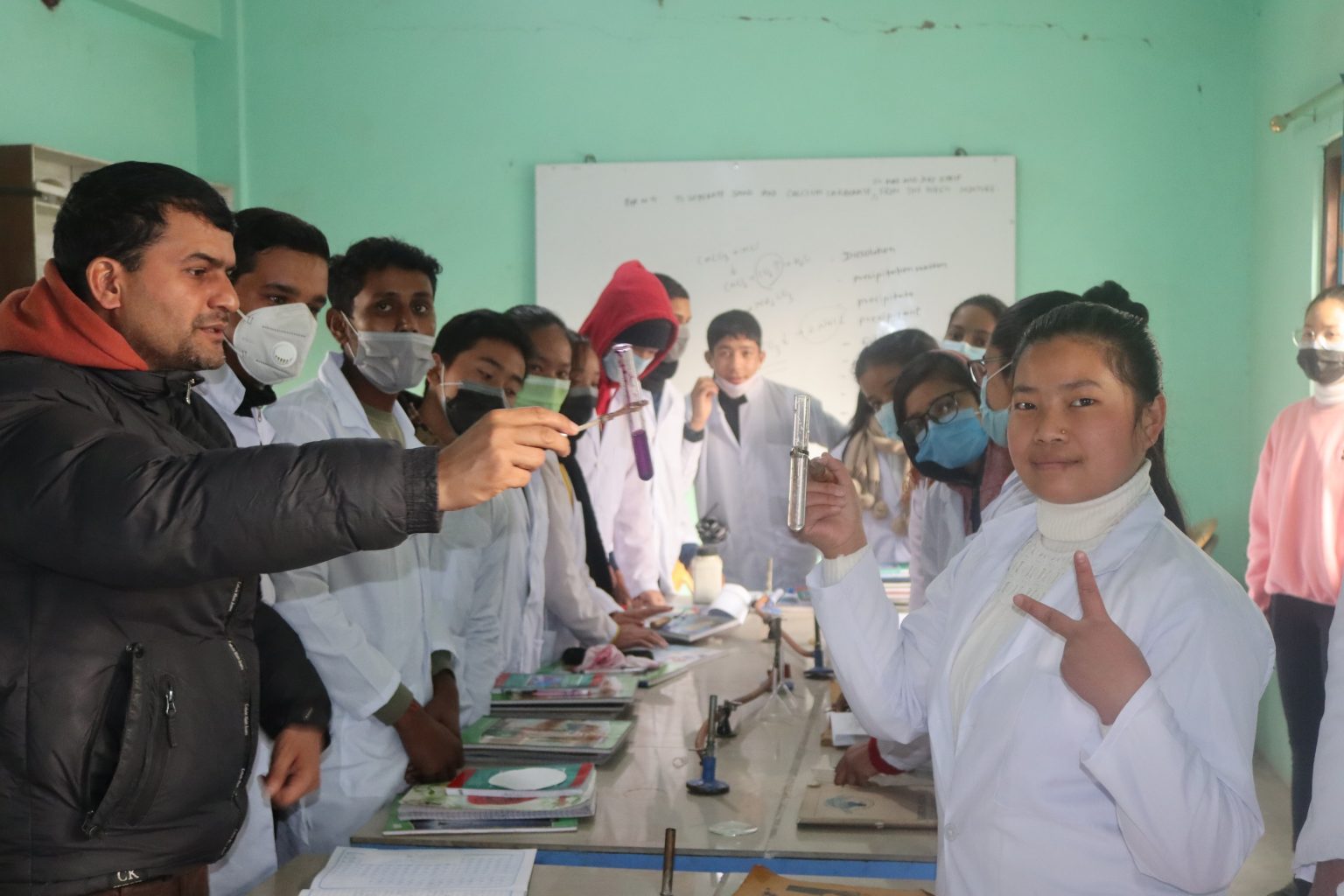
Animal Science at the XI/XII level introduces students to the study of various aspects of animals, including their biology, physiology, nutrition, and management. This interdisciplinary field integrates principles of biology, chemistry, and agriculture to provide a comprehensive understanding of animal behavior, health, and production. Students delve into topics such as animal anatomy and physiology, genetics, reproduction, and diseases. They learn about different species of animals, their roles in ecosystems, and their interactions with humans. Practical applications include hands-on experience in animal handling, care, and basic veterinary practices. The curriculum aims to prepare students for careers in veterinary science, animal husbandry, wildlife conservation, or agricultural management.
The Animal Science curriculum for Classes XI and XII emphasizes both theoretical knowledge and practical skills development. Students engage in laboratory experiments, field visits to farms, and case studies to apply theoretical concepts in real-world contexts. Teaching methods include lectures, discussions, demonstrations, and practical exercises to enhance understanding and critical thinking. Assessments typically include practical exams, projects, and theoretical assessments to evaluate students' proficiency in animal science concepts and their ability to apply knowledge to solve practical problems. Overall, Animal Science education at the XI/XII level aims to foster a deep appreciation for animals, promote sustainable practices in animal agriculture, and prepare students for further education or careers in diverse fields related to animal welfare and management.